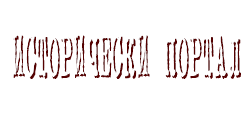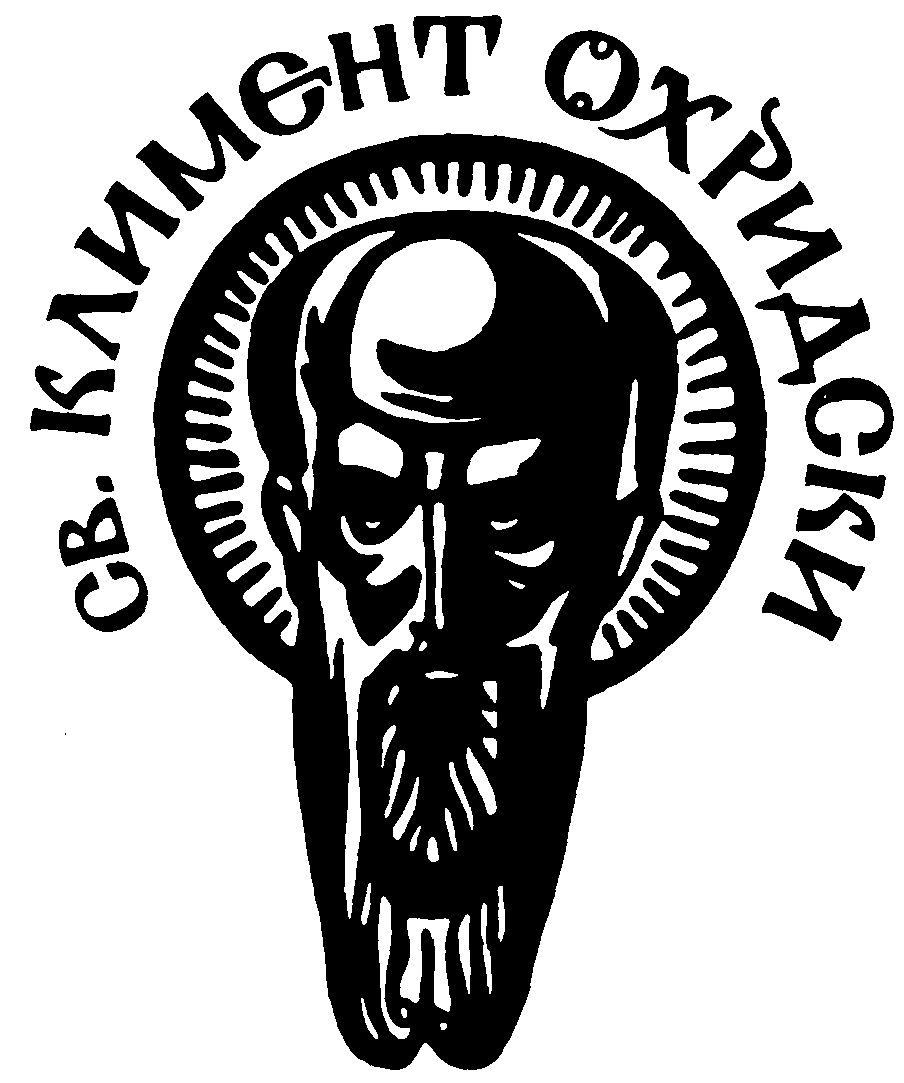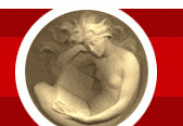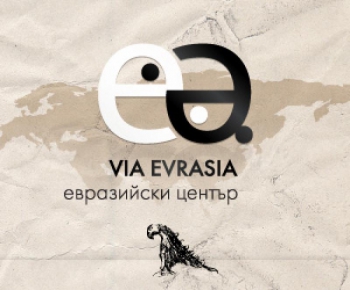He invested 45 million 1972-dollars, and the rest came from many other Socialist worker organizations of Yugoslavia. He understood from the beginning that starting a business in the Communist Yugoslavia meant that the major decision-making processes were left up to the workers, as Yugoslavia's businesses operated on the ideas of worker self-management.


The caption on the back of the news agency photograph reads:
"June 24th, 1972
THE PENTHOUSE ADRIATIC CLUB OPENED IN YUGOSLAVIA
American businessman Bob Guccione, owner of the world-wide "PENTHOUSE" magazine, formally opened the "PENTHOUSE ADRIATIC CLUB" in Haludovo Palace Hotel on the island of Krk last week. "Penthouse Pets" are employed as hostesses and croupiers entertaining the guests. A large number of world-known personalities from the world of film, music and show-business, are expected to attend the innauguration ceremony on July 7th.
Photo Shows: The scene inside the gambling casino of the newly opened "PENTHOUSE ADRIATIC CLUB" on the island of Krk in Yugoslavia, showing "PENTHOUSE PETS" as croupiers."

June 1972 issue of Penthouse Magazine with a feature story about the Yugoslav casino. On the cover is Yugoslavian Nevenka Dundek as Pet of the Month. Photographed by Bob Guccione.
Many western media outlets were intrigued by the American investment into Yugoslav entertainment industry. The following article was released on July 10th, 1972 by the Radio Free Europe. Here it is in its entirety (photographs added by the blog author):
10 July 1972
LA DOLCE VITA: A FORMULA AGAINST THE COLD WAR
by Slobodan Stanković
Summary: A luxurious new resort, advertised as "a complete island paradise in Europe," was recently opened on the Yugoslav Adriatic island of Krk. Bob Guccione, editor and publisher of Penthouse, an American "international magazine for men" invested 45 million dollars in the project. The resort, which will be owned and operated by Yugoslavs, is seen by Guccione as an antidote to cold war misunderstanding. It is expected that hundreds of well-to-do Americans visit Krk and the "Penthouse Adriatic," and divest themselves of a little hard currency in the process.
The complex was designed by a Yugoslav "grand prix (twice awarded) architect" whose name has not been given. The architectural center of the resort, whose Yugoslav name is "Haludovo," is the Penthouse Palace, "a gracefully colonnaded construction within whose elegant interior is the Great Lounge, bedecked with hanging gardens, pools and fountains." The Anglo-American Penthouse Casino (for foreigners only) can compare "with the finest casinos in Las Vegas and other principal gambling centers."
The owner of the Penthouse Adriatic or Haludovo, as the Yugoslavs call it, is the Croat enterprise Brodokomerc in Rijeka. Bob Guccione, who invested 45 million dollars plus an additional 500,000 dollars for advertising, is also supplying some US style operational know-how, about 70 American employees (many of whom are "pet-girls") and the send-off propaganda. Even though Nin does not report whether or not Guccione's 45 million dollars are a loan, it appears that this is the case, for the Brodokomerc has contracted to pay Guccione "three to seven per cent annually from the whole turnover of the Haludovo hotels: in the first three years three per cent and in all other years seven per cent."
This formula against the cold war ("Penthouse pets -- Guccione's army against the cold war," according to a captioned picture of a dozen of beautiful Penthouse stewardesses) was not, accepted by the Krk self-managers without a small conflict with Guccione. From the start it was quite clear that the American Penthouse stewardesses would not participate in self-management. Secondly, the London Sunday Times quoted Bob Guccione as having stated, allegedly in an interview, that Yugoslavia's self-management system is a "joke," During a meeting between the Yugoslav employees of the Penthouse Adriatic and Guccione, a worker asked the American businessman: "Is it true that you stated we had approved of everything you suggested and [that we] agreed with our managers?"-- i.e., without any discussion. Guccione disclaimed ever having made such a statement: "It would have been really stupid of me to make such a claim." He was provocatively asked by the Sunday Times correspondent whether the Yugoslav self-management system would "create any obstacles for him. - He answered that it would be ridiculous for the self-management organs not to realize what possibilities were opened to them by cooperation with the Penthouse enterprise. This denial made everybody happy. In his interview with Nin, Guccione said:
"There are still false ideas about Yugoslavia as a country behind the "Iron Curtain," [as a country] in which a businessman or someone looking for entertainment would find nothing. The Penthouse, too, faces many prejudices, doubts and a lack of understanding. We are called non-serious exhibitionists and pornographers, incapable of and disinterested in any serious business. I think that all this is, above all, a result of ignorance. Even the cold war itself is a consequence of ignorance. In order to defeat ignorance it is necessary to develop communications between people. In this connection tourism is certainly one of the most powerful forms of communication. Through the realization of this project [the Penthouse Adriatic on Krk] we have the opportunity to start a big process of re-education: we have become partners in removing doubts and ignorance."
This process of "re-education" started on July 3 when the first group of American guests landed at the Krk airport, only 12 minutes away from the Penthouse Adriatic. Sixteen such groups are now expected, but the possibilities of and interest in this large Yugoslav-American project far outrun its tourist count to date. Guccione would like to create a world center for various congresses, conventions and international meetings in Krk, The huge Ford Company has announced plans to use the Penthouse Adriatic for its conventions. A meeting of commercial air lines is soon to take place in Krk and will be highlighted by the election of a "most beautiful stewardess." In the July issue of Penthouse, Krk is called "a complete island paradise in Europe's most up-and-coming resort location"
Nin featured an article on Yugoslav gambling casinos in the same issue with the Guccione interview. Today there are 26 casinos in Yugoslavia, Some of them are owned by Yugoslav enterprises though they are partially underwritten by foreign investors. The biggest leaser of casinos in Yugoslavia is Mr. Georges Jablan, a French businessman of Yugoslav origin. He manages four casinos in Yugoslavia and has invested 400,000 dollars in them. He now expects to open a fifth casino. He admitted that mainging gambling salons in Yugoslavia is a business full of risks. Khenean in Western countries a casino is a real moneymaker, In Yugoslavia it carries heavy risks. Mr. Jablan's casino in Budva (Montenegrin Adriatic coast) went bankrupt. He now hopes that Yugoslav authorities will also allow their own citizens to gamble in Yugoslavia's casinos. At present they can only visit casinos outside their country.
The trouble with Yugoslav casinos is that they cannot seriously compete with Western casinos. The Nin journalist Klarin said that it seemed to be "beneath their honor for professional gamblers" to come to Yugoslavia because of a few thousand dollars. For this reason, the Yugoslav hotel managers in which casinos are permitted hurry to rent them to foreigners. One very popular form of gambling in Yugoslavia is the so-called "gambling charter tourney." Special charter planes come from America, England and France, or by bus from Italy and Austria, and bring guests whose only object is to gamble. All their living costs in the hotel are assumed by the hotel itself because most of them lose all their money during the gambling.
Out of 26 casinos in Yugoslavia only four are completely of Yugoslav ownership -- in Umag, Rapac, Opatija and Bled. A Belgrade daily claimed that only in six cases is there cooperation between foreigners and the Yugoslavs, while in 16 cases foreigners are the sole owners of casinos. However, these casinos have attracted a great number of foreign tourists, who leave their hard currency in Yugoslavia. This is why the Yugoslav state and Party have a benevolent attitude toward the casinos.






















